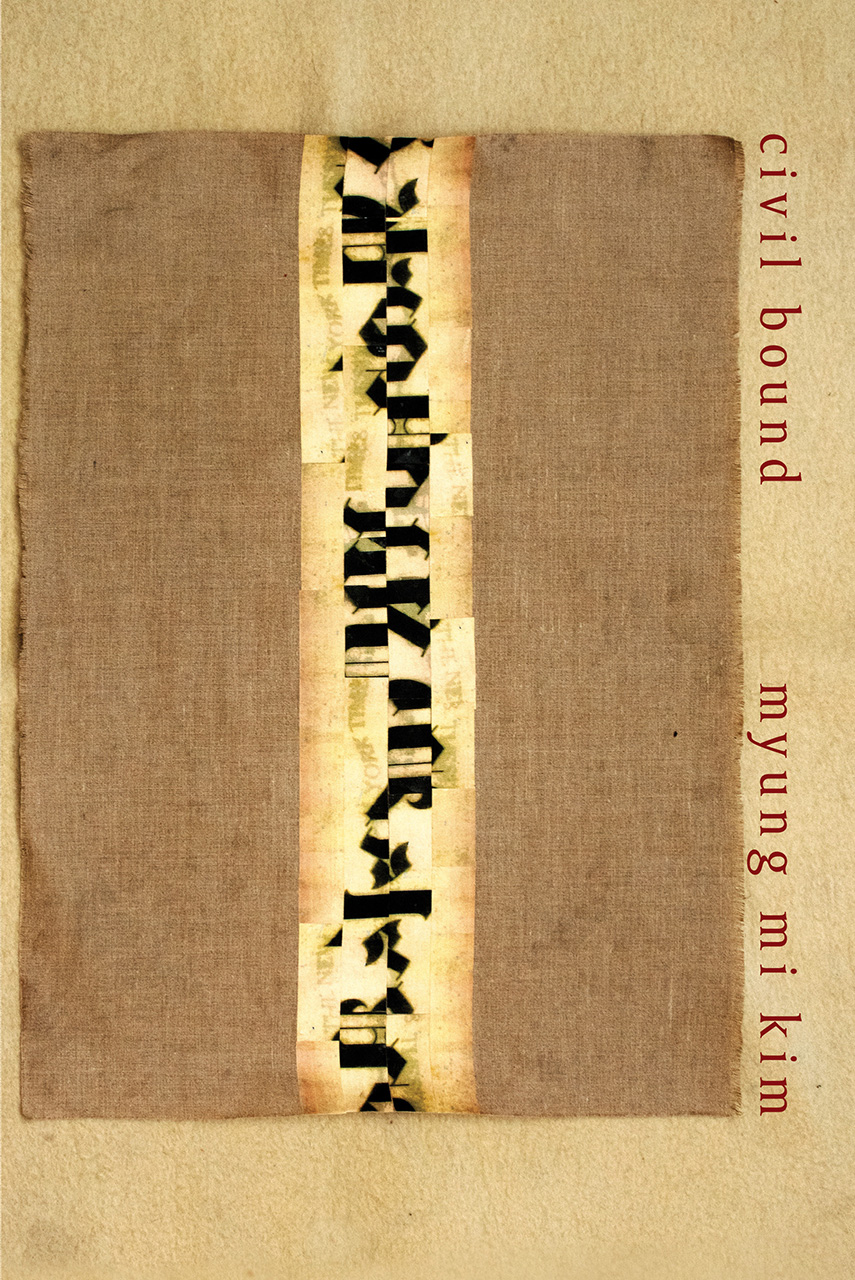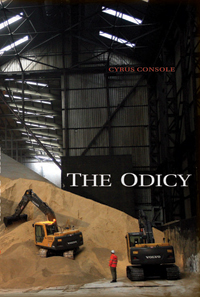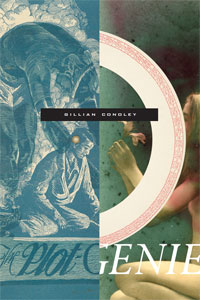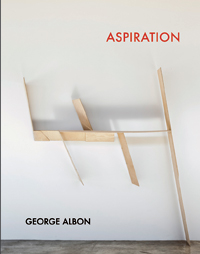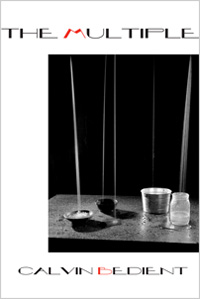Description
In Civil Bound, Myung Mi Kim turns a keen ear to language as the mechanism by which society operates. The poems engage multiple methods to make sense of this pervasive tool, its powers, nuances, and influences over the structure of our civilizations. Through investigations of ecology, capitalism, military powers, colonialization, and supremacy, the book uncovers patterns in the ways that language is active in perpetuating inequality and binding its subjects to the will of those in positions of authority. In questioning systems of oppression, the poems also offer the hope of forging new paths through the connecting power of language. Examining our participation in social contracts, communal goals, and human desires, Kim’s poems encourage us to salvage language as a means of connection that binds us in respect and commitment to our fellow human beings.
Spare and lush, Civil Bound is a ‘sight oath’ of fractured charms and charts, assembled heart markers. Her quicksilver connections, reformulations and apprehensions concentrate and mobilize the possible and impossible moves. Like subtitles of recovered field recordings from lost horizons, with her passages of diagonal bars and a cross of verticals, Kim questions knowledge and what constitutes language as we see and hear it. . . . Prepare to be stunned.
Norma Cole, author of Fate News
Civil Bound is a breathtaking book of canals composed of air and water and land, of bodies, of labor and power. Within its networks of human meaning, one witnesses the violent incursions of colonialism upon physical and cultural geographies and ecosystems, including patterns of bondage created under the guise of civilization. . . . The space within these poems is full of open questions. By what social contracts are we bound? Toward what outcomes are we bound? What binds us together? Of what are we made? Kim’s attention to overarching systems and their patterns of interference generates a deeper understanding—and affirmation—of mutuality and relation that is as resilient as the air that passes through these profoundly moving poems.
Elizabeth Willis, author of Alive: New and Selected Poems
Kim recasts her abiding re-membering of the history of Korea’s colonization and diaspora in her first volume, Under Flag, but here enfolds it into a broader and more assiduous reckoning with what it means to be a citizen and a civil subject of the U.S., especially in these times of a resurgent nationalism and xenophobia.
Laura Hyun Yi Kang, author of Compositional Subjects
Precision is a lyricism all its own. Austerity has nothing to do with it. Every page is full. There’s room for many languages, especially in telling the reduction to one. The largesse is obvious, mysteriously stark, and interminable, endlessly diverse, like what flows before, and then after, a river, hard in its erosions and redactions. Having found a sonic niche of her own, Myung Mi Kim is our species, or gives us as close to a reason as we’ve got.
Fred Moten, author of consent not to be a single being
Even if you know Myung Mi Kim’s alchemically original sense of time and sound—what comes through the “tattered conduit of jawbone and ear” (the precision of her labor with words … how she represents writing as arrangement), remain open to being shaken by the surprising and ever economical force of this book. Beginning with a growl rising up out of oceanic space, Civil Bound leads the reader to think (in the way Myung leads through pauses and meditation upon the progression of words and phrases as inventions) each poem as a durational action that re-animates, re-constitutes history—history, violently breaking the human world into two parts . . . civilized and savage. Myung Mi Kim’s deep sense of what language does and can do in service or opposition to history is simply unparalleled.
Simone White, author of Dear Angel of Death
Kim explores the mechanisms of language–and its impact on civilization–through a consideration of ecology, capitalism, military powers, and colonization, unearthing patterns and revealing how words perpetuate inequalities.
With wide-ranging attention, this long poem probes, plunders, and destabilizes an array of colonialist texts and found materials that demonstrate degrading perspectives toward Indigenous populations. [Myung Mi Kim] brings passages from Theodore Roosevelt, John Lankford, and others into dialogue with her own sharp, curious insistences and fragments… Finding English complicit in this country’s most oppressive systems but unwilling to give up the right to use it, [Civil Bound] interrogates the language it deploys… ––a monument to the crimes our language has committed, and to the acts of openness of which it may be capable.
Laura Eve Engel, American Poets Magazine
At first glance, Myung Mi Kim’s book-length poem Civil Bound might appear completely untethered to familiar points of reference. Her lines, at times winnowed down to one per page, are spare and yet eruptive. The discombobulations of conventional grammar are so radical in these poems that the poet often seems to be working in the tradition of John Cage’s “chance operations,” which allowed an element of randomness into artistic decision-making. But Kim, who has now published eight collections, is no apprentice, and has invented her own avant-garde approach… to read her poetry means to reckon with and also to feel the ways in which language implicates speakers and listeners, writers and readers.
Peter Campion, Public Books
Reviews
About the Author
Interview
Myung Mi Kim is the author of Penury (Omnidawn), Commons (University of California), DURA (Sun and Moon, Nightboat Books), The Bounty (Chax Press), and Under Flag (Kelsey St. Press), winner of The Multicultural Publisher’s Exchange Award of Merit. Her work has been anthologized in Moving Borders: Three Decades of Innovative Writing by Women, Premonitions: Kaya Anthology of New Asian North American Poetry, American Hybrid: A Norton Anthology of New Poetry, American Poets in the 21 st Century: The New Poetics, and other collections. Magazine and journal publications include appearances in Hambone, Sulfur, Conjunctions, How(ever), Poetry, Interval(le)s: CIPA (Centre Interdisciplinaire de Poétique Appliquée) and Cross-Cultural Poetics. She has received fellowshipss and honors from the Fund for Poetry, the Djerassi Resident Artists Program, Gertrude Stein Awards in Innovative North American Poetry, and the State University of New York Chancellor’s Award for Excellence in Scholarship and Creative Activity. Kim was born in Seoul, Korea and immigrated to the U.S. at the age of nine. She is the James H. McNulty Chair of English at the University at Buffalo.
“The question of ‘experimental’: Positioning critical terms in contemporary discourse.”
Excerpt of an interview with Myung Mi Kim
(conducted by Divya Victor for JACKET2.ORG)
[conjugate]
she, the weeping work
parade of earnings
| | weight of forelegs and hooves under water
a ripple | birched
alyssum
— Myung Mi Kim, from River Antes (Oakland, CA: Atticus/Finch Press, 2006).
Victor: What you’ve been saying about the usage of the term “hybridity” goes back to what we were saying about totalizing perception, totalizing a poetics. I like linking this up with what you said about process, and the use of source materials: there is no decision to use, it just couldn’t be helped. As I often say to my students: line breaks aren’t heartbreaks. Similarly, when you immigrate, it can’t be helped. That does not translate into a formal strategy. A strategy is something that can be helped. That’s what a strategy is: something deliberate used to create something else. Basically, my question is coming from a concern about a general trend in criticism that makes life experience (if I dare say that) into metaphors for writing.
Kim: I think this is a profound issue for me. This brings up important satellite questions about naming someone an experimental writer, avant-garde poet, and so on. How is it possible to render one’s actual, lived experience, one’s historical condition? Rather than saying “let’s just make it somehow akin to” … it seems to me that any sort of departure from the given is relegated to the “experiment.”
When I went to Korea, for the first time I realized in a resounding way something that I couldn’t sense in a US context — when someone would ask me “What’s happening in your work” — the quote-unquote “inscrutable,” or “experimental” — I could finally say “It’s not about that.” How can I find a way to indicate the actual experience when that experience doesn’t exist? There are no models, no modes, no form, no linguistic registers that are available. In a sense, you have to rework the entire continuum of language, form, prosody, whatever you’re drawn to as a poet. Saying that in a non-US context and having people say “Oh this is not a methodology, not a strategy, but that this comes out of a particular way in which there is no prior shape, no prior moment, no prior poetry or poetics that you can simply draw from.” You have to literally make it. Hand by hand, finger by finger, foot by foot. You have to make something that allows you, however uncomfortably or comfortably, to work that space — mentally, emotionally, historically, and culturally. Because nothing exists for how you are coming to your own condition.
It’s not, for me, a decision to “experiment.” But it is an “experiment” simply because it does not coalesce or does not hearken to what already exists. If that is what one means by “experiment,” OK then that is what I do. However, I am not necessarily working in the experimental tradition, or building on a genealogy of an experimental convention as it exits. One isn’t always taking a departure from something that exists, one is making it for the first time.
Victor: I have an image of a guinea pig showing someone that part of its back with a patch of flesh charred and red with chemicals, saying “I am participating in this experiment. This is experimental.” The guinea pig is not in the position to ask the crafted questions or pose the hypothesis that the experiment then proves or disproves. My concern is that there is a distinct institutional privilege enacted in the ability to raise your hand and ask the right questions, to pose the likeable hypothesis that gets the funding. The access to this “ability” is problematic or compromised for some.
Kim: Which is why, in a non-US context, you can step out some of the very insular ways in which we talk about art. The desire to make a kind of typology or genealogy of all sorts.

